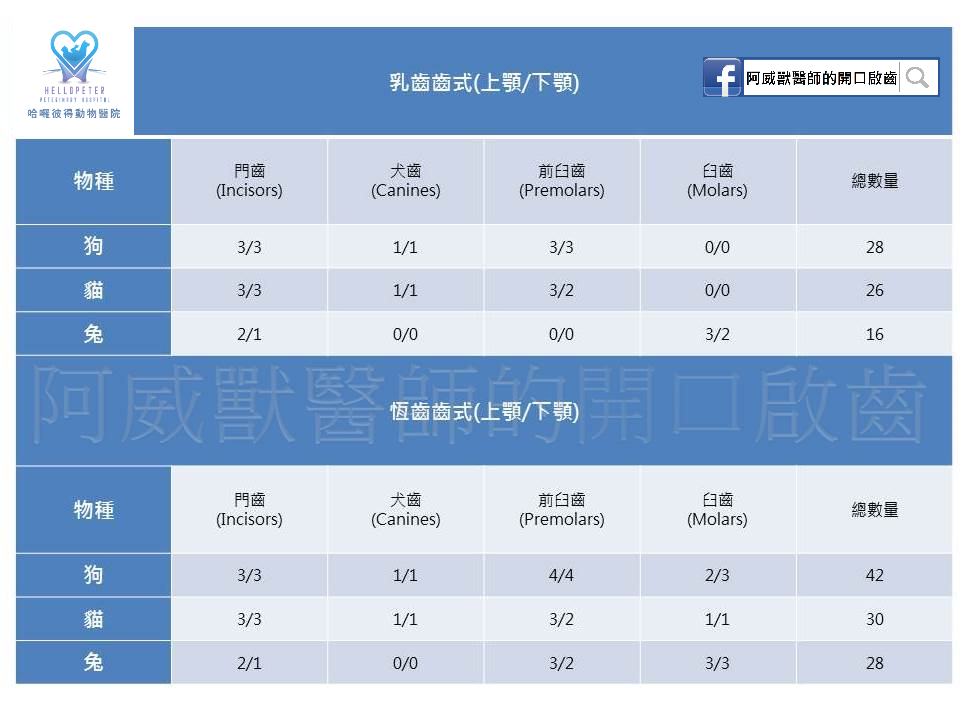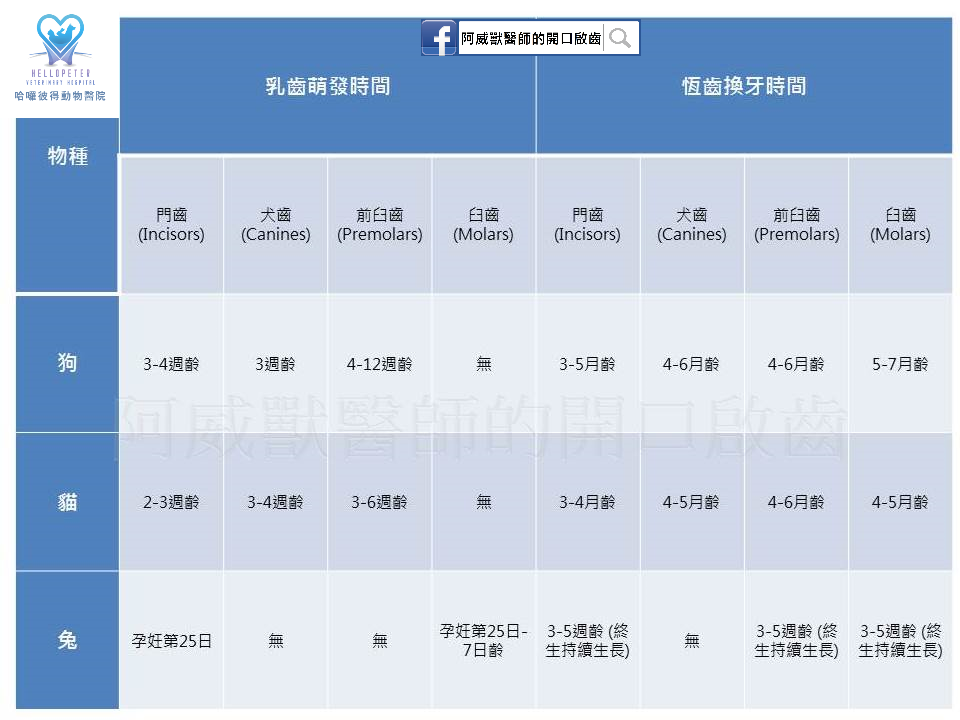My furry little one is entering adolescence – the replacement of deciduous teeth (primary teeth) is underway.
Most mammals have two sets of teeth – deciduous teeth, the first set that emerges after birth, are eventually replaced by permanent teeth at a certain age. The timeline for tooth replacement varies among different mammalian species.

What are deciduous teeth?
The function of deciduous teeth includes maintaining normal chewing function, preserving the symmetrical aesthetics of the face, guiding the growth of permanent teeth, and aiding in correct pronunciation in humans. The enamel of deciduous teeth is thinner and softer than that of permanent teeth, with a larger proportion of pulp, making them more susceptible to wear, abrasion, breakage, and damage.
If there is any injury or loss of deciduous teeth, pets may avoid using the unhealthy side for eating, leading to abnormal chewing function, asymmetrical facial features, and even affecting the growth of permanent teeth. The owners should never underestimate the importance of caring for deciduous teeth!
Why is tooth replacement necessary?
During the growth period, the skull rapidly enlarges, but the size of teeth remains constant. Deciduous teeth are smaller than permanent teeth, and without tooth replacement, overly large gaps can lead to increased chances of cavities, bacterial infections, and tooth fractures. Therefore, tooth replacement becomes necessary when animals reach a certain stage of growth.
When do animals start teething?
Dogs start developing deciduous teeth around 3-4 weeks after birth, while cats begin at 2-4 weeks. By approximately 1.5-2 months of age, deciduous teeth are fully developed, with dogs having a total of 28 deciduous teeth and cats having 26. The teething process begins around 4 months for dogs and 3-4 months for cats.
If deciduous teeth persist beyond 7 months of age, it may affect the normal growth of permanent teeth. This condition, known as "Retained Deciduous Teeth," can lead to malocclusion due to the mutual pressure between deciduous and permanent teeth. It also increases the risk of calculus formation, causing gingivitis or periodontal disease.
Dogs have a total of 42 permanent teeth, while cats have 30. Therefore, if pet owners notice extra teeth in their pet's mouth, it is crucial to consult a veterinarian promptly for the removal of retained deciduous teeth.

Why does my animal chew indiscriminately?
During the teething period for dogs and cats, as their permanent teeth start emerging, the process of pushing out deciduous teeth can cause discomfort and itching in the gingiva. Animals may become restless and prone to irritation, leading them to seek objects to chew on. During this time, providing animals with specially designed toys or treats can help alleviate discomfort and promote healthy tooth growth.
However, it is essential to avoid giving animals things that are too hard or sharp (such as chicken bones, pork bones, or rawhide bones), as this can pose a risk of tooth breakage. If dogs or cats start nibbling on their owner's fingers or other body parts, it's crucial to discourage this behavior. Allowing them to develop incorrect chewing habits can lead to injuries for the owner, resulting in more harm than good.




